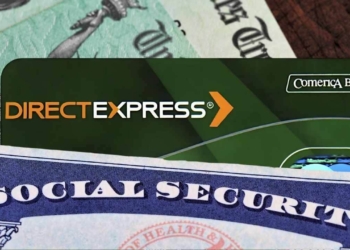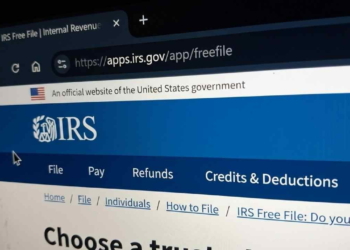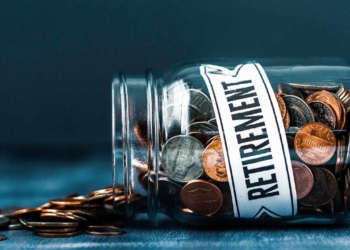If you are a Social Security recipient, it is because you applied for retirement benefits at the age of 62 or older. This is the age you must have at least 40 work credits to be able to qualify for a paper check or direct deposit. However, the older you file for benefits, the higher your monthly payments will be until you turn 70.
70-year-olds must file for Social Security and they should not delay it anymore. But why? This is the moment when the Administration stops increasing benefits. So even if you work after age 70, you will not receive any more delayed credits. Those workers who continue with their jobs for 3 years after Full Retirement Age can get up to 24% extra per month. It is an awesome boost, but not everyone can file for retirement at 70.
Social Security for 70-year-olds in April
The Agency has scheduled 2 different paydays, one in mid-April and the other one in late April. For your information, some recipients aged 62, 70, or older will get their monthly payment on April 16. This will be the payday for those who started getting retirement benefits after April 30, 1997. And whose birthday is from the 11th to the 20th. If you got benefits before May 1997, you are not eligible for this payday.
Those Social Security recipients who are receiving Supplemental Security Income are not eligible for any of the 3 Wednesday payments. So, the last payday after the one on the 16th will be on the 23.
April 23 will be the final payday this month. To get the direct deposit or check Social Security will issue, your birthday must fall from the 21st to the 31st. But how much money could you get?
Social Security can pay this much in April
The largest benefit possible for 70-year-olds will be $5,108. This is the maximum amount in 2025, so this will also be the largest benefit payment in April. Bear in mind that the average payment is just $1,980. As of June 2024, the average payment for 70-year-olds was $2,067.92.
Although 70-year-olds can receive up to $5,108, few can collect all this money from the Social Security Administration because they must meet extremely hard requirements. Do not forget that some of them are feasible for many workers. On the contrary, some are really hard to achieve because not everyone can choose their work history.
For example, if you have a medical condition, you may not be able to work after this disability turns up. So it can reduce your monthly payment if you need to file for Social Security in your 40s or even earlier. The key conditions to get up to $5.108 are:
- work for 35 years
- this work must be done in jobs covered by SSA
- filing at the age of 70 is required
- earning the taxable maximum for 35 years is a must







